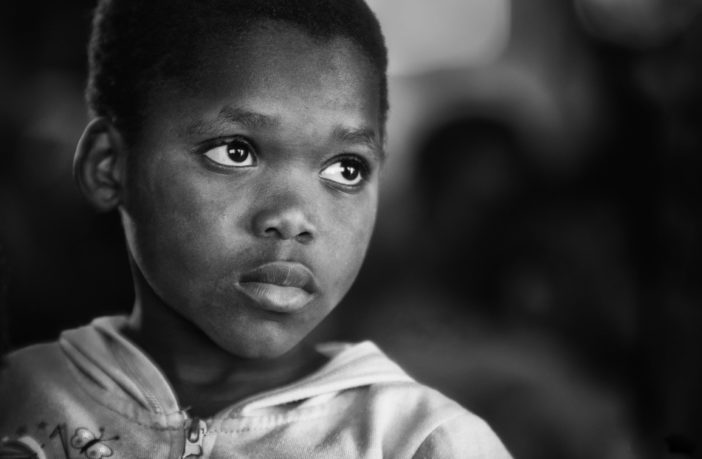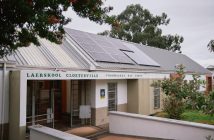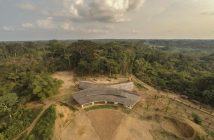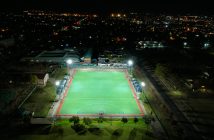In South Africa, we are hopelessly ill-prepared when it comes to the everyday consequences of climate change. One only has to consider the impending fall out in Cape Town when four million people run out of tap water. One begs the question; why there are no real green schools in the country to prepare our youth for what challenges lie ahead?
By being educated in a space where one’s environment takes centre stage through the facilities and surrounding areas, plus curriculum, one can foster a mindset that is aware of the consequences of climate change and its devastating effects. It requires a massive shift from conventional teaching methods. The design of schools themselves also needs to be radically transformed.
One of the greenest schools in the world is located in Bali, Indonesia and it is simply called Green School. It has three rules: be local; let your environment be your guide; and envisage how your grandchildren will be affected by your actions.
Here the kids are taught core values that include joy, passion, kindness and making a difference. They attempt to model and cultivate qualities including being healthy and vibrant, confident and empowered, self-aware, resilient and adaptable, and ethical. A pupil-centred in these qualities is more receptive to their immediate environment and becomes tuned in more readily as dynamics change.
Whilst the school teaches modern day subjects through instructional frames, there is also a focus on thematic lessons which introduce complex topics through four lenses: physically, intellectually, emotionally, and intra-personally. Practical lessons make up the balance of a typical school day where pupils work vegetable gardens, create art with natural materials and build practical use items from local, natural materials.
One day a week, the seniors do field trips to the local communities and places for experiential and service learning. Every student participates in Environmental Studies and Enterprise Studies. High school students spend time working in and serving the community. The idea is to foster social awareness and collective problem solving.
The Campus is nett carbon zero and has all the usual green features like refuse and water recycling, composting, LED lights, solar power and solar water heating. The buildings are made from local materials with the original natural characteristics of the lie of the land and environment kept intact. There are nearly 400 students accommodated on a 20 acre campus. The high school is located in the largest bamboo building in the world.
South Africa lives with the legacy of a racially divided education system. The brutal apartheid regime discriminated against blacks, coloureds and Indians and marginalised their education. As such the country is on the back foot regarding its education outreach and the overall quality of delivery. The Green School concept may offer a fresh approach to galvanise the youth in being more aware and more responsive to climate change plus celebrate our diversity.
The Green School ideology is a great example of place-based education where students learn to appreciate the place where they live and who they live with. The living and learning laboratory concept teaches pupils to respect resources and use them wisely. With the reality of climate change upon us, why are there no real green schools in South Africa?
Author: Bryan Groenendaal












